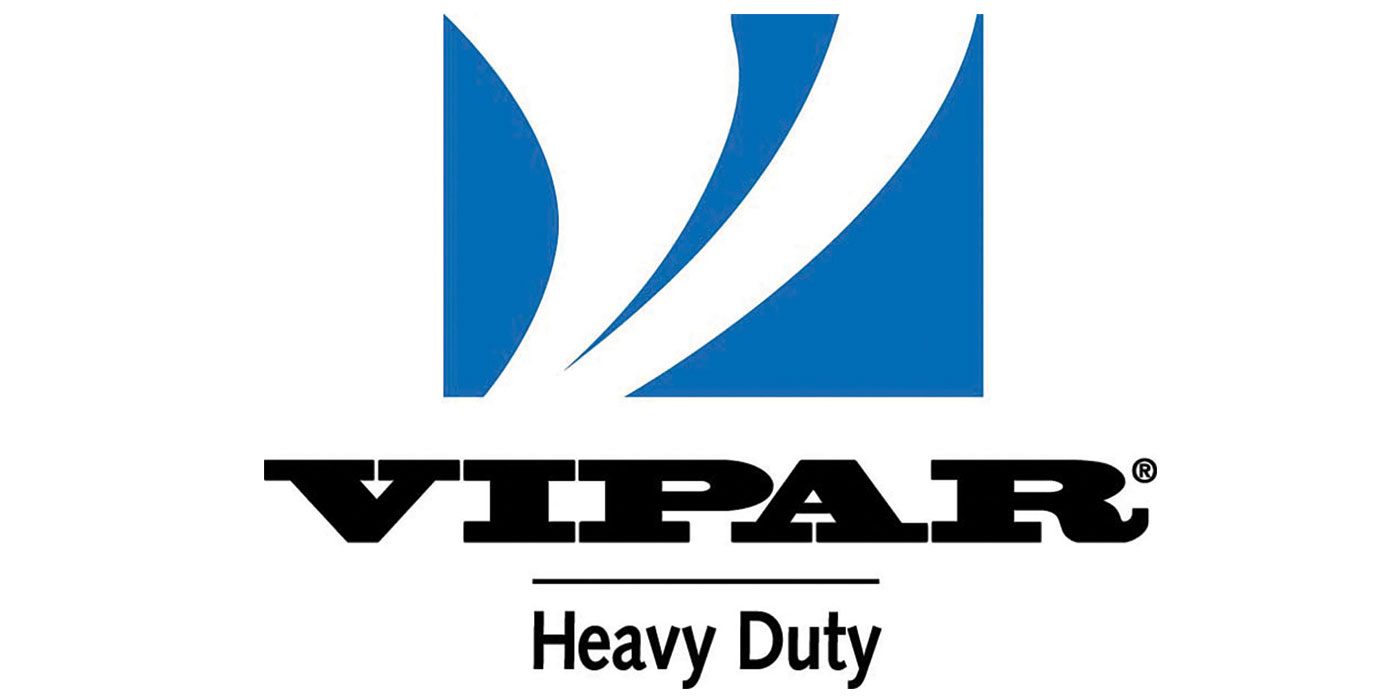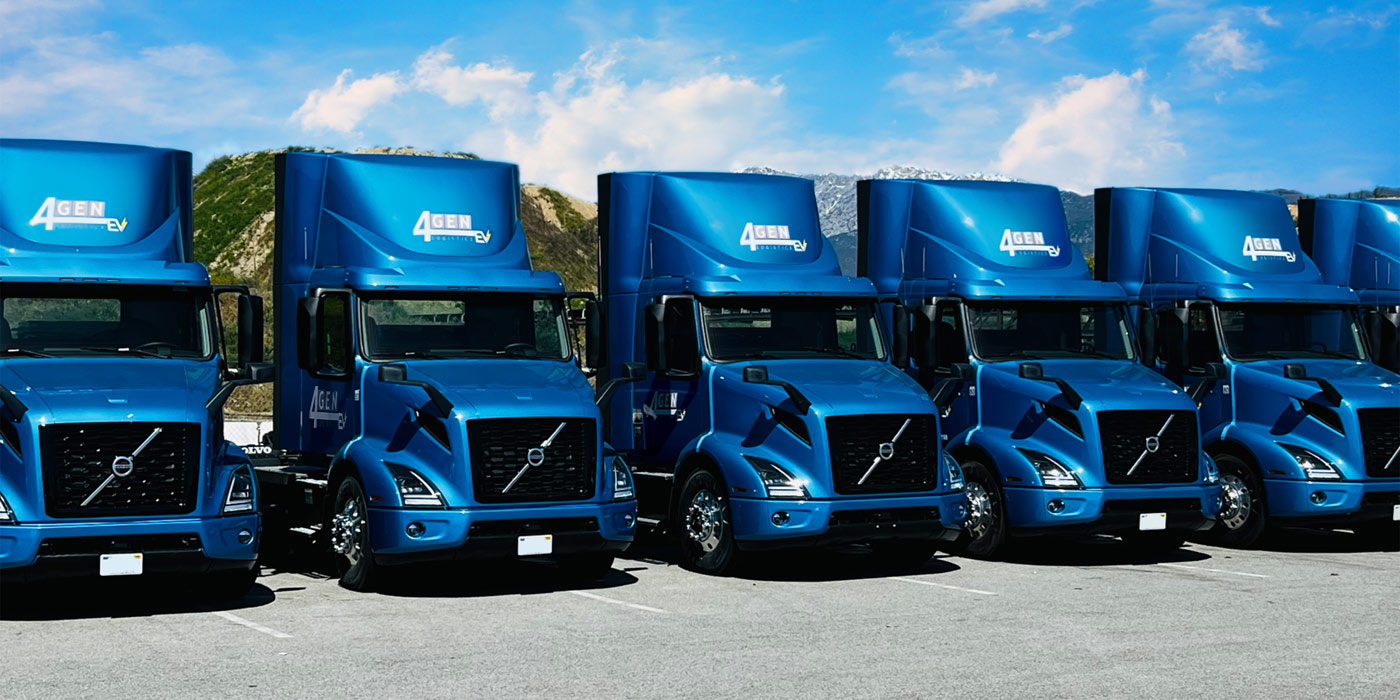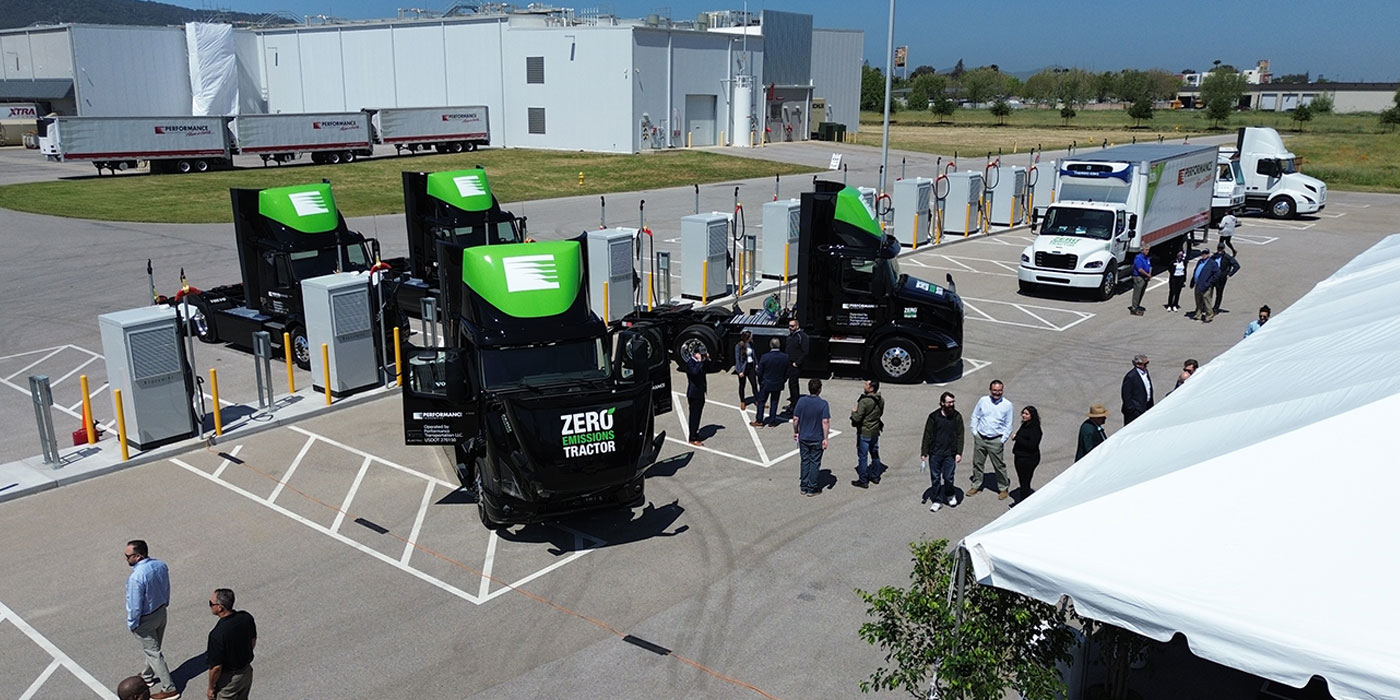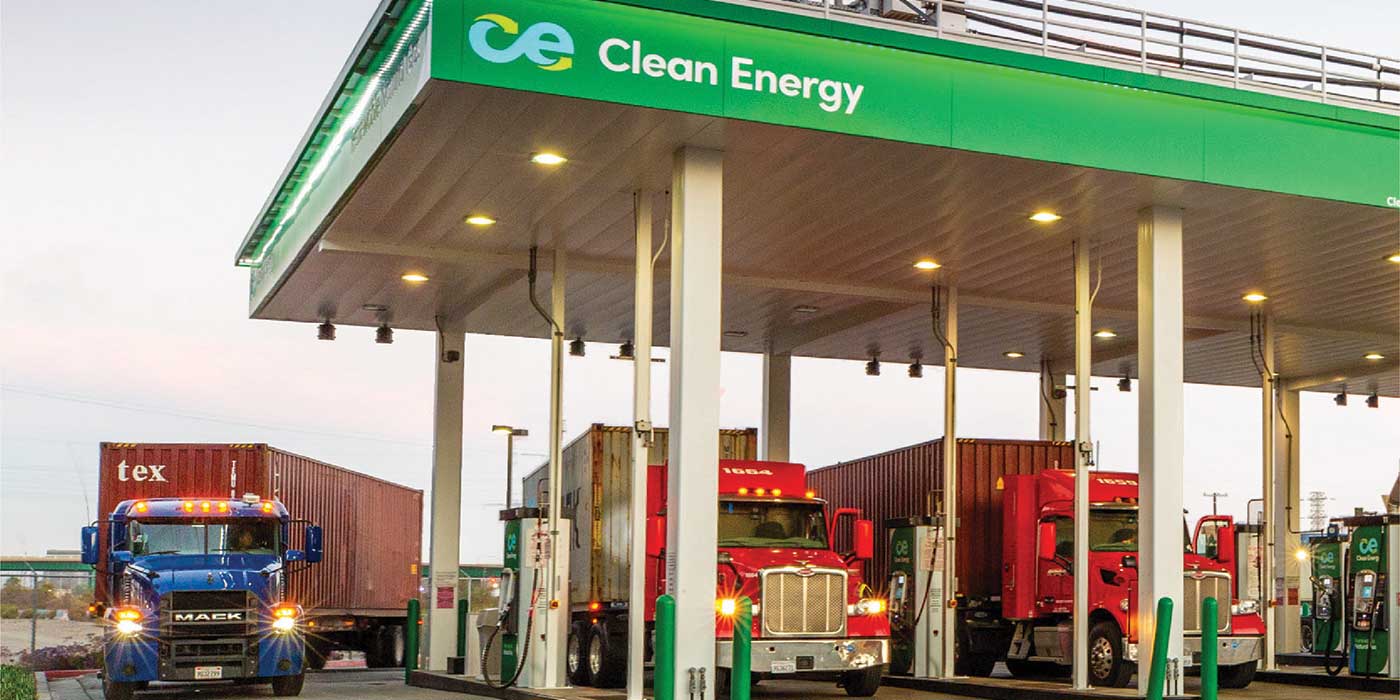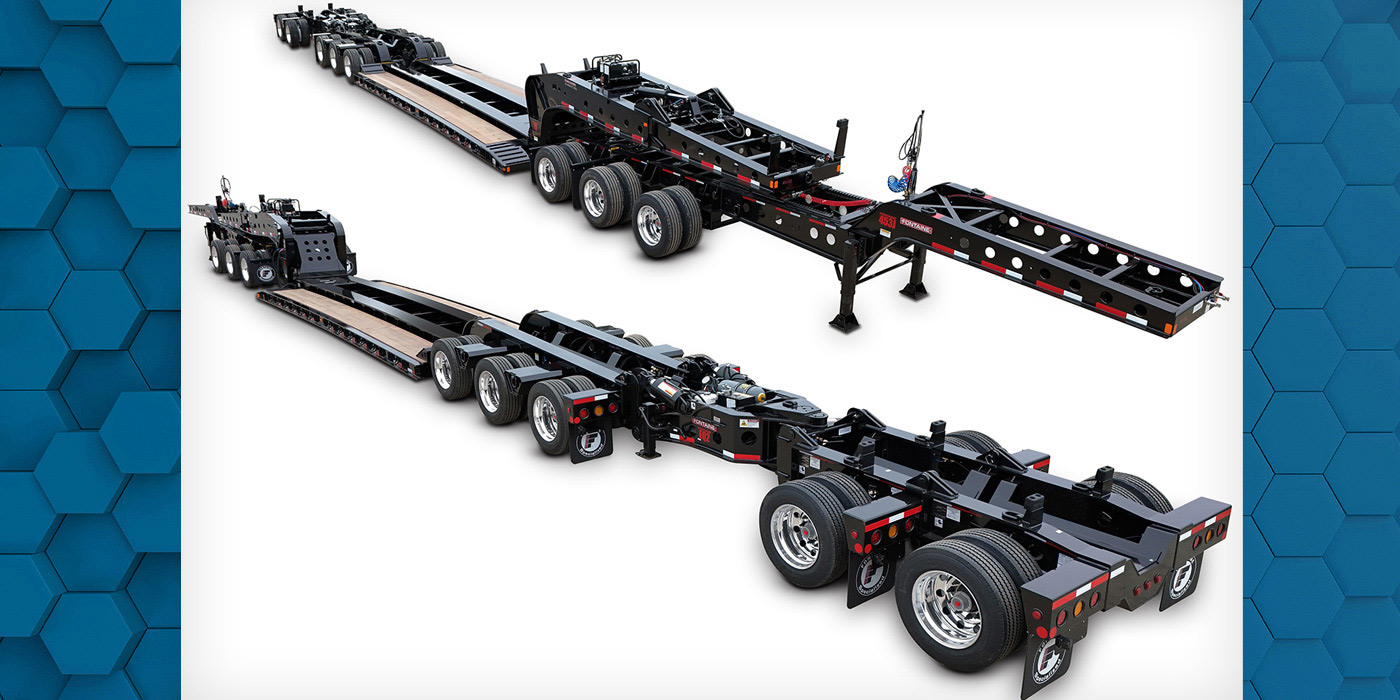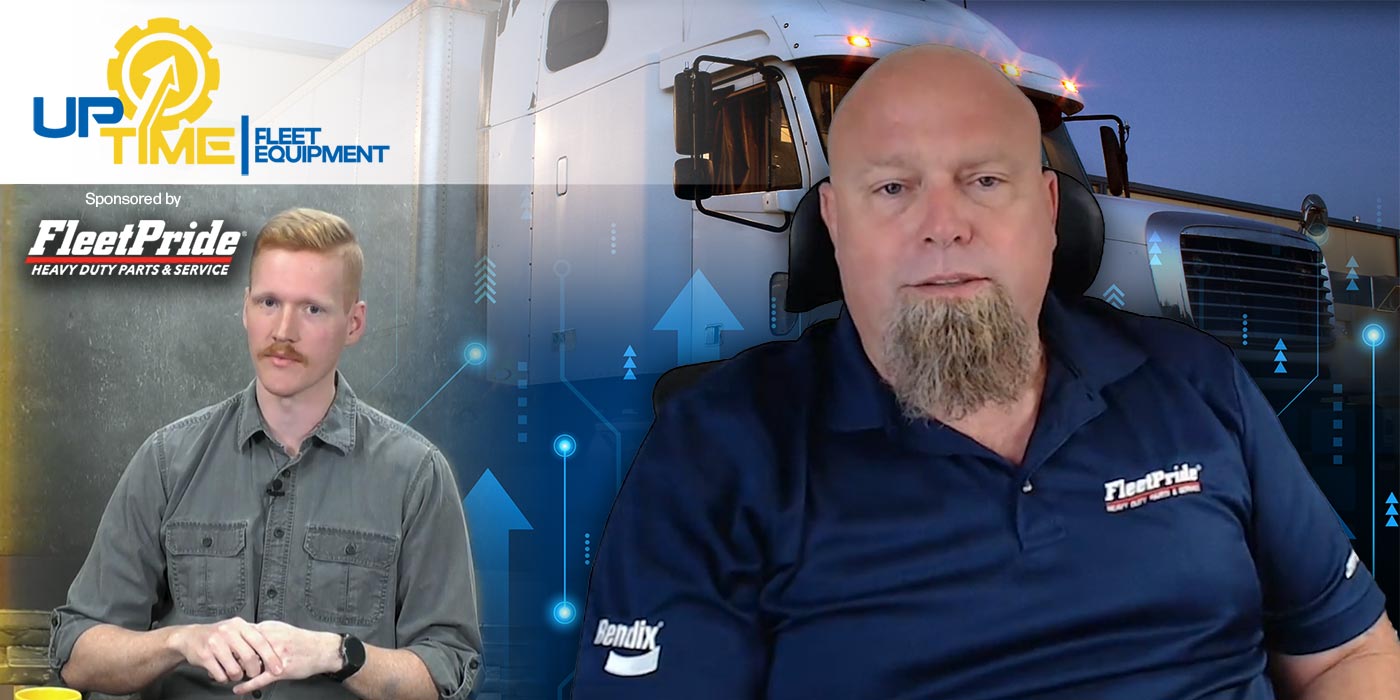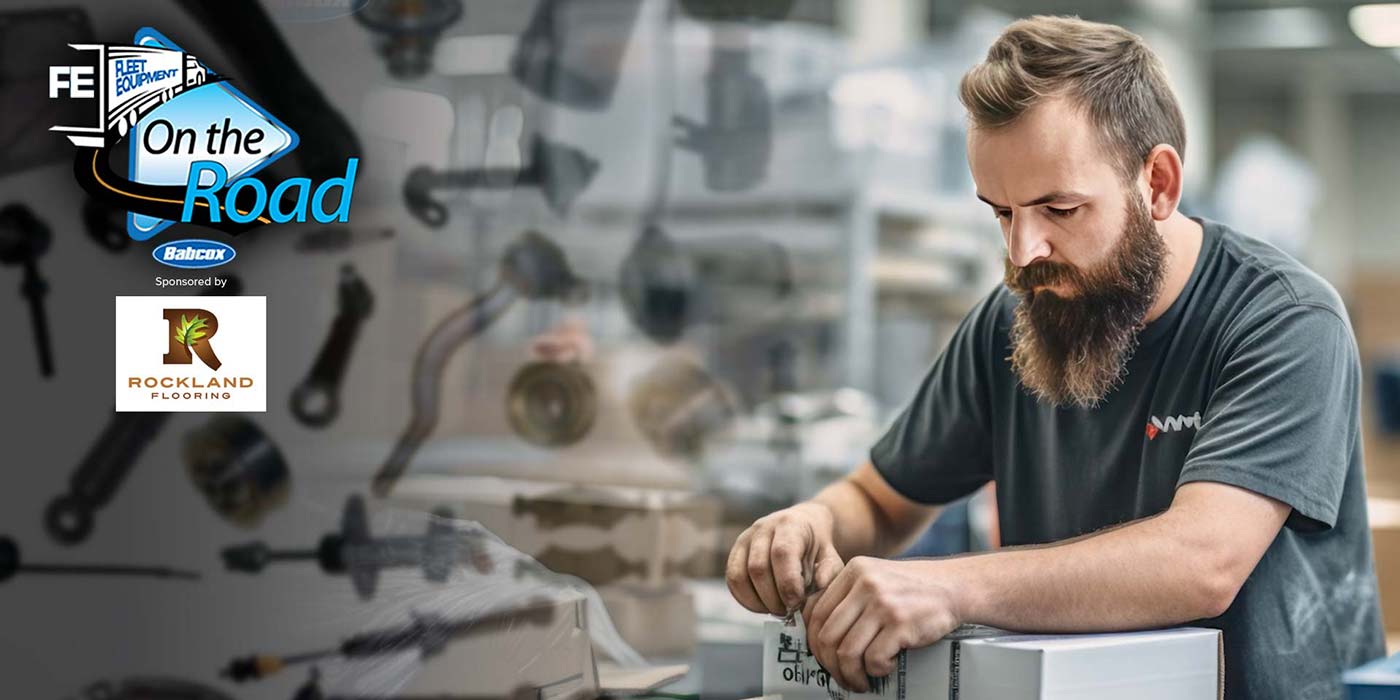Ever wondered how those engine oil categories from the American Petroleum Institute (API) are decided upon? Here’s a bit of behind-the-scenes info.
“It’s important to note that once a standard or an API category has set those specifications, they remain untouched,” says Jeff Harmening, API manager of the Engine Oil Licensing and Certification System (EOLCS).
But changes can be made, provided there is a need to be met. Needs are assessed, once formally submitted, by committee. This is to ensure the validity of the proposed need.
“After this, the process of starting to develop the engine test and the bench test begins,” Harmening says. “Once those new tests are developed and run through the community process, generally that will result in a category.
“On the diesel side of things, for instance, generally every five to seven years a new category will come out,” he says, adding that new categories are generally backwards compatible with their predecessors—for example, API CK-4 is backwards compatible with CJ-4.
But none of this happens overnight.
“Once the category is licensed, the bulk of that effort is to develop the engine test itself,” he explains. “This is very complex work. Lots of long engine tests are run, at great cost to the industry. The data’s analyzed, the limits are set, and then once those tests are developed, then based on if there’s a need for base oil interchange or viscosity grade read across, those principles have to be developed.”
One all of these steps are complete, the committee then decides whether the category is ready to be released.
“When that’s done,” Harmening continues, “there’s generally a six-month to one-year grace period before API does first licensing. ”
A new API specification was recently released for gasoline engine oil.
“It’s important to note,” he says, “that the next time a fleet manager has to order engine oil from their local distributor or supplier, they’re going to be seeing a little bit longer list of items on the menu.”


